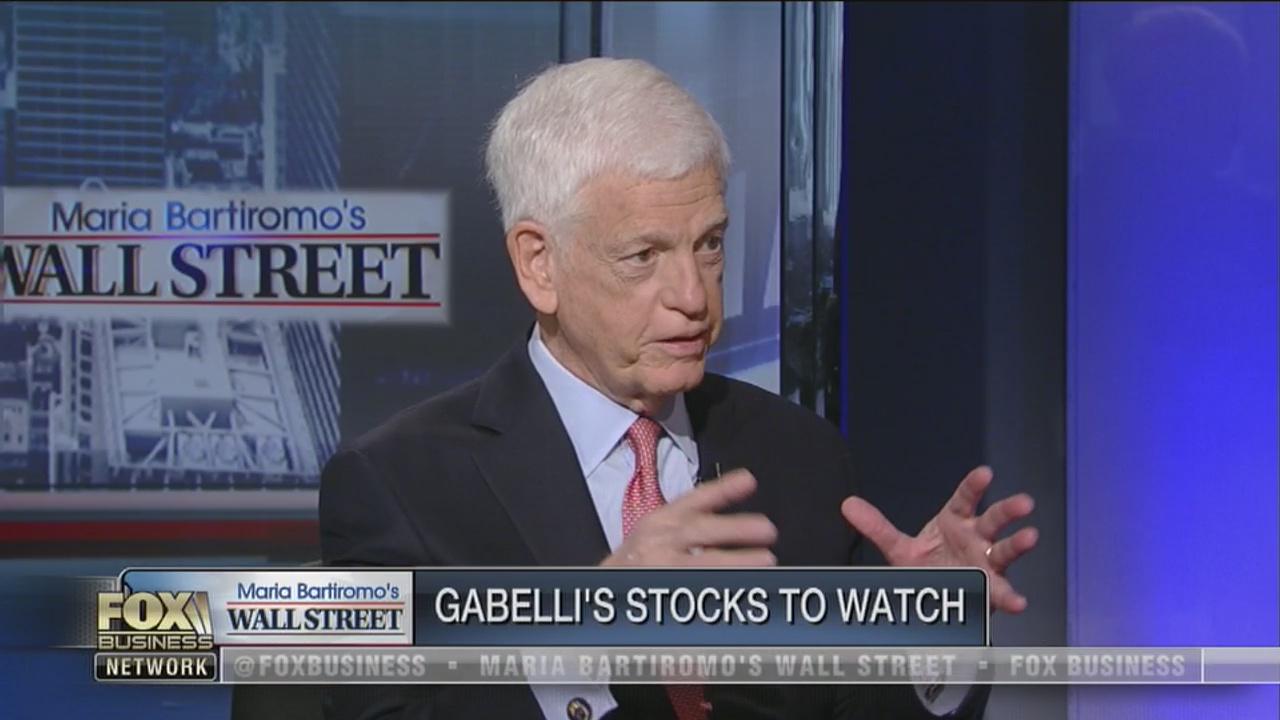Wall Street bonuses approached record highs in 2017
Wall Street bonuses rose to near record highs in 2017 as employees saw benefits related to U.S. tax reform, according to figures released Monday by the New York State’s comptroller’s office.
The average bonus payment climbed to $184,220 for Wall Street employees last year, marking a 17% increase compared with a year earlier. The figure marked the highest average on Wall Street since 2006, when employees earned a record average of $191,360 shortly before bonus payouts crashed during the Great Recession.
Recently passed U.S. tax reform, which lowered the corporate tax rate to 21%, likely contributed to the increased payouts, according to the state comptroller report. Under the new tax system, corporate deductions can no longer be applied to performance-based pay, which likely spurred Wall Street firms to move up bonus payouts.
"The large increase in profitability over the past two years demonstrates that the industry can prosper with the regulations and consumer protections adopted after the financial crisis,” New York State Comptroller Thomas DiNapoli said in a statement. “It is too soon to tell how increased volatility in the financial markets might impact profits in 2018.”
Overall, securities firms active on the New York Stock Exchange took in $24.5 billion in profits last year, according to the data. The total bonus pool rose to an estimated $31.4 billion, while the industry’s net revenue increased 4.5% to $153 billion.
The average Wall Street employee earned $375,200 in salary and bonuses in 2016, or roughly five times more than employees in the rest of the private sector, who earned an average of $74,800.
The U.S. median household income stood at $57,617 in 2016, according to the U.S. Census Bureau.




















